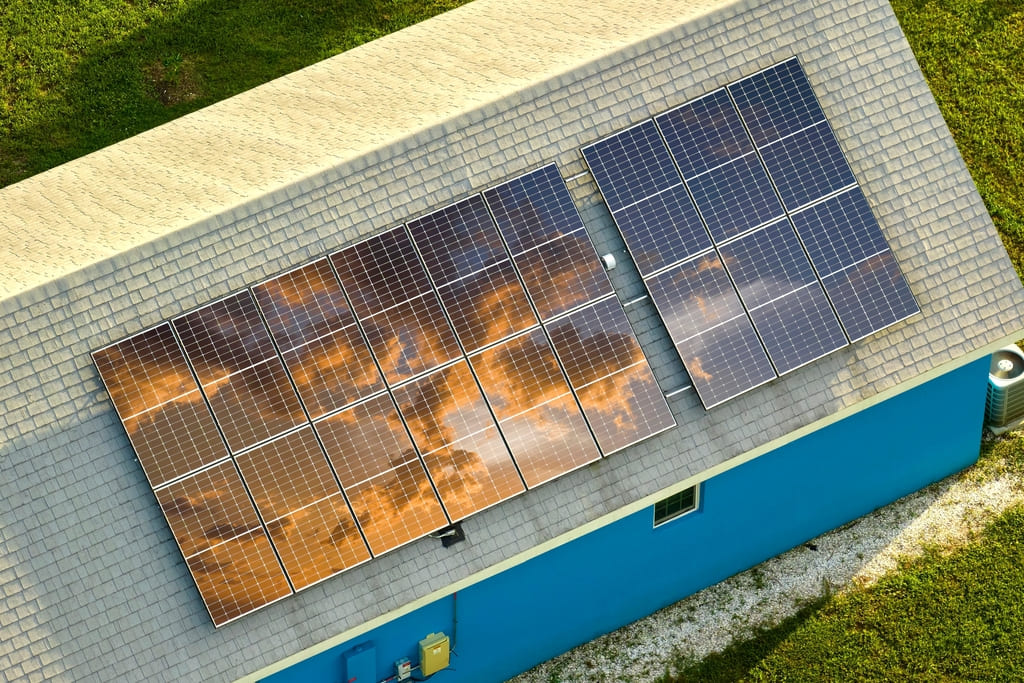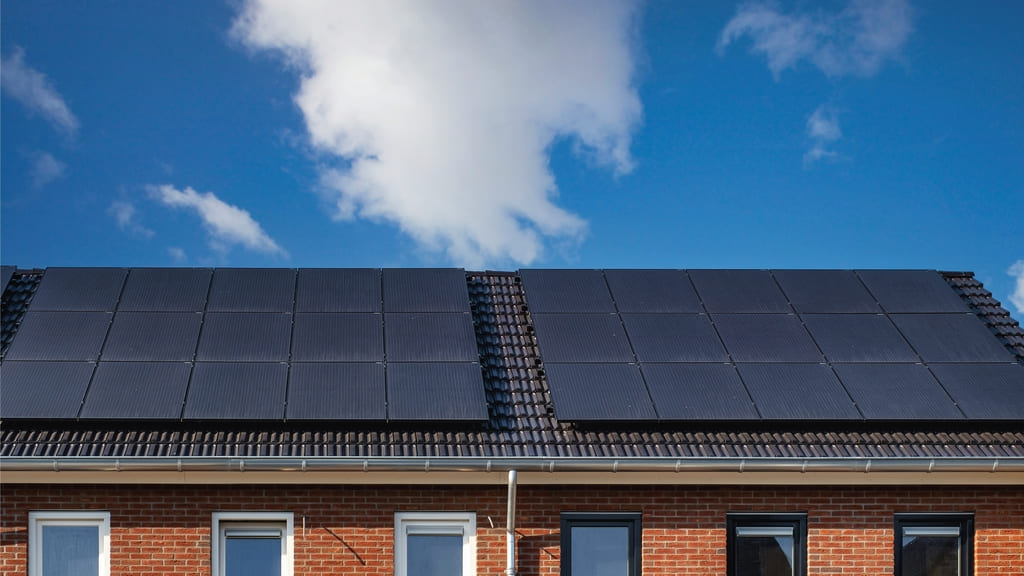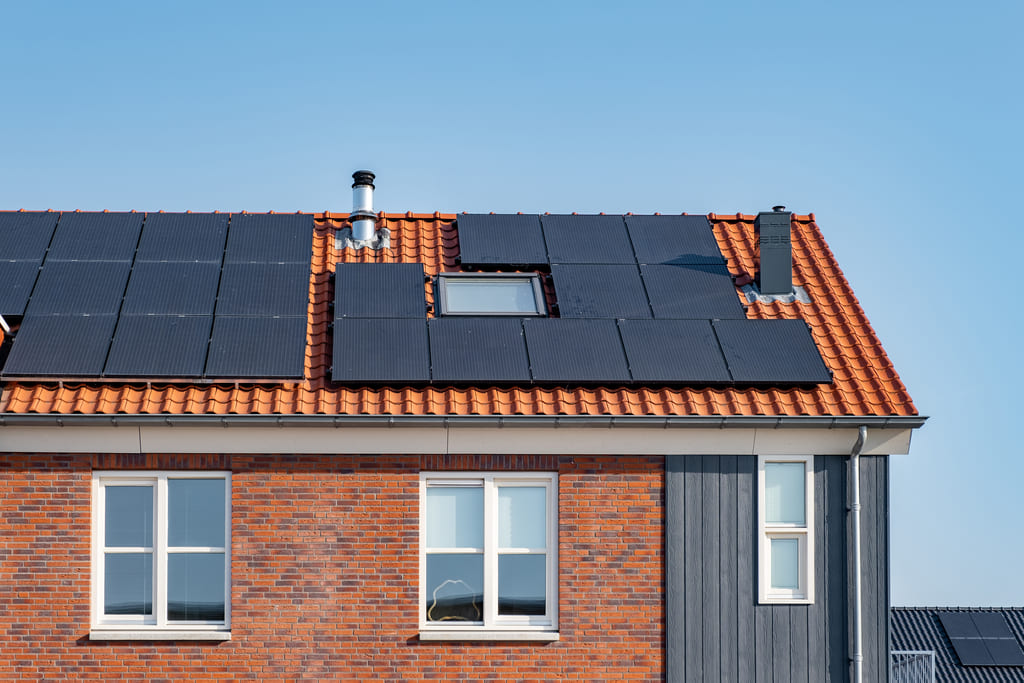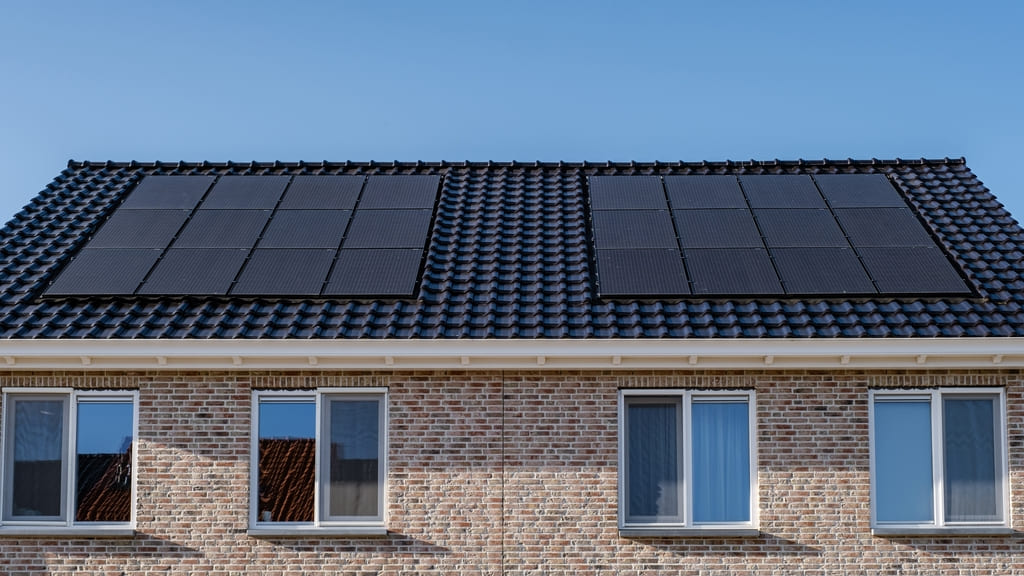Solar panels have long been used to harness the power of the sun for energy in a variety of settings, including farms and schools. They are no longer limited to just these two areas.
In this article, we will explore the expanding use of solar panels beyond farms and schools, including their benefits and challenges. From residential homes to commercial buildings and public spaces, solar panels are being utilized in diverse ways. Join us as we delve into the wide-ranging applications of solar panels in today’s world.
Key Takeaways:
- Solar panels are not just for farms and schools – they can also be used in residential homes, commercial buildings, and public spaces.
- Installing solar panels in schools can provide numerous benefits, such as reducing electricity costs and teaching students about renewable energy.
- While there are challenges to using solar panels on farms and in schools, such as high upfront costs, the long-term advantages make it a worthwhile investment.
How Are Solar Panels Used in Farms?
Solar panels are utilized in farms to harness the abundant energy of the sun and convert it into a sustainable power source for various agricultural operations, contributing to environmental conservation and community development in regions like Virginia and Maryland.
What Are the Advantages of Using Solar Panels on Farms?
The utilization of solar panels on farms offers numerous advantages, including the harnessing of renewable solar energy, promoting environmental sustainability, and benefiting agricultural operations in regions such as Virginia.
Notably, the implementation of solar panels on farms allows for the generation of clean, renewable energy that can power various aspects of agricultural production. This reduces the reliance on non-renewable resources and contributes to ecological conservation.
The integration of solar technology into farming practices can lead to enhanced operational efficiency, ultimately resulting in cost savings and increased productivity. In regions like Virginia, where agriculture plays a vital role in the economy, the adoption of solar panels offers the potential to modernize and sustainably develop agricultural practices.
This aligns with the state’s commitment to renewable energy and environmental stewardship.
What Are the Challenges of Using Solar Panels on Farms?
Despite their benefits, the adoption of solar panels on farms presents challenges, including initial installation costs, technological complexities, and regional considerations that impact implementation in areas such as Virginia and Maryland.
One of the major challenges in incorporating solar panels on farms is the high initial installation costs. The expense of purchasing and installing solar panels can be a significant barrier for many farmers, especially those operating on tight budgets.
Additionally, technological complexities associated with integrating solar energy systems into existing farm infrastructure can be daunting. Farmers must ensure that the technology functions seamlessly with their existing operations, which often necessitates specialized expertise and support.
How Are Solar Panels Used in Schools?
The integration of solar panels in schools serves as an educational and technological initiative, enableing students with hands-on experience in renewable energy and sustainability, particularly in states like Virginia and Maryland.
What Are the Benefits of Installing Solar Panels in Schools?
The installation of solar panels in schools offers multifaceted benefits, including fostering renewable energy education, reducing energy costs, and enriching the learning experiences of students in regions like Virginia and Maryland.
The introduction of solar panels in schools not only provides practical applications of energy production but also serves as a compelling educational tool.
By integrating solar energy into the curriculum, students can grasp the concepts of sustainability and clean energy from a young age, instilling an environmental consciousness that will shape their future choices.
The installation of solar panels allows schools to significantly reduce their energy expenditure, leading to noteworthy cost savings that can be redirected towards enhancing educational resources and programs.
This financial relief enables educational institutions to allocate more resources towards improving the overall learning environment.
The inclusion of solar panels in schools can augment the educational experience by providing real-life examples of sustainable practices. This practical exposure fosters critical thinking and problem-solving skills in students, preparing them for the modern challenges of climate change and energy sustainability.
What Are the Challenges of Installing Solar Panels in Schools?
Despite the benefits, the installation of solar panels in schools presents challenges, including initial costs, curricular integration, and technological considerations, particularly in educational settings in regions like Virginia and Maryland.
Financial constraints often hinder the adoption of solar panel systems in schools, as the initial investment can be substantial. Schools may struggle to allocate budgets for renewable energy projects due to competing financial priorities.
Aligning solar energy education with existing curricula can be a complex task. Educators need to develop relevant lesson plans and teaching materials that integrate solar technology into various subjects, requiring considerable time and effort.
On the technological front, the compatibility of solar panels with existing infrastructures and the availability of adequate sunlight in regions like Virginia and Maryland pose significant considerations in implementing solar solutions in educational institutions.
Where Else Can Solar Panels Be Used?
Plus farms and schools, solar panels find application in diverse settings such as residential homes, commercial buildings, and public spaces, contributing to energy efficiency and paving the way for a sustainable future.
Residential Homes
Solar panels are increasingly utilized in residential homes, offering homeowners the opportunity to reduce energy consumption, lower environmental impact, and contribute to sustainable living, particularly in regions like Virginia and Maryland.
Solar panels have emerged as a popular choice for homeowners seeking to harness clean and renewable energy right from their rooftops. By tapping into the power of sunlight, households can drastically cut down on their dependence on traditional grid-based electricity, thereby lowering energy consumption and cutting utility costs.
This shift towards sustainable practices aligns with the growing concern for environmental responsibility, as solar energy generation produces minimal pollution compared to conventional energy sources. This movement is taking hold particularly in states like Virginia and Maryland, where government incentives and favorable policies are fueling the regional adoption of solar technology at a rapid pace.
Commercial Buildings
Solar panels are increasingly integrated into commercial buildings through power purchase agreements, offering significant reductions in energy bills and embracing technological advancements to drive sustainability efforts in states like Maryland and Virginia.
The implementation of solar panels in commercial structures has transformed the conventional approach to energy consumption. With the use of power purchase agreements, businesses can benefit from immediate cost savings, as they do not have to incur the upfront capital costs of the solar panels.
This arrangement allows companies to access renewable energy at a competitive rate, contributing to a more environmentally friendly and economically efficient operation. The adoption of innovative technologies in solar panel installations enhances the overall performance and energy yield, ensuring a reliable and sustainable energy source for commercial establishments.
Public Spaces
Public spaces increasingly host community solar projects, leveraging incentives and fostering environmental benefits through the installation of solar panels, particularly in regions like Maryland and Virginia.
The utilization of solar panels in public spaces has seen a surge, with community solar projects taking the lead. The integration of solar panels in these communal areas not only promotes sustainability but also provides a tangible demonstration of environmental consciousness.
In the context of regions such as Maryland and Virginia, the incentives offered for solar energy installations play a significant role in encouraging public entities to embrace solar power.
Community solar projects have a multifold impact, contributing to environmental benefits by reducing carbon emissions and reliance on traditional energy sources. This shift towards solar energy not only results in cost savings but also enhances the green image of the community, attracting more individuals and organizations to adopt sustainable practices.
Frequently Asked Questions
What are some examples of places where solar panels are being used beyond farms and schools?
Solar panels are being utilized in a variety of locations, including commercial buildings, residential homes, and even public transportation systems. They are also being installed in remote areas to power off-grid homes and communities.
How do solar panels benefit non-farm and school settings?
Solar panels can provide clean and renewable energy, reducing the reliance on fossil fuels. This not only benefits the environment but also helps to save money on energy costs for businesses and individuals.
What types of businesses can benefit from installing solar panels?
Any business that uses energy can benefit from installing solar panels. This includes restaurants, retail stores, hotels, and manufacturing facilities. By utilizing solar energy, these businesses can reduce their operating costs and also promote their sustainability efforts.
Are there any government incentives for installing solar panels beyond farms and schools?
Yes, there are various federal and state tax incentives and rebates available for installing solar panels in non-farm and school settings. These incentives can significantly reduce the upfront cost of installing solar panels and make it a more affordable option for businesses and individuals.
What are some common misconceptions about using solar panels beyond farms and schools?
One common misconception is that solar panels are only effective in sunny climates. In reality, solar panels can still generate energy on cloudy days. Additionally, many people believe that solar panels are too expensive, but with government incentives and the decreasing cost of solar technology, they are becoming more affordable.
How can I determine if my business or home is a good candidate for solar panel installation?
The best way to determine if your business or home is a good candidate for solar panel installation is to consult with a reputable solar panel company. They can assess your energy usage, location, and building structure to determine if solar panels would be a viable option for you.



